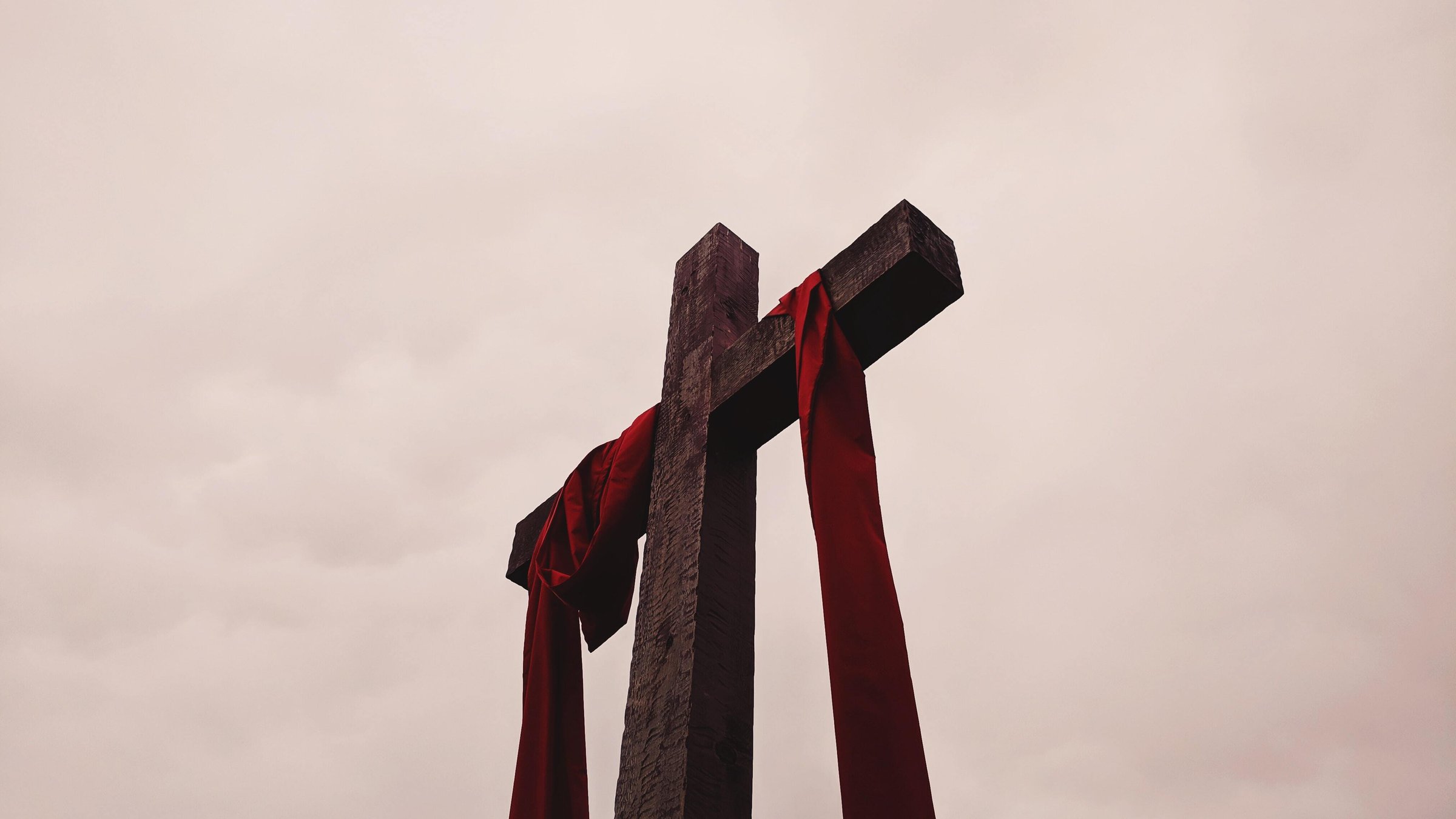It’s 1:30 p.m. on Good Friday as I write this.
The one thing I appreciate about the liturgies of Holy Week is that it’s easy to meditate on the last days of Jesus. On Good Friday, we don’t just acknowledge Jesus’ death. We structure our liturgies and devotions around the events of that horrible, and yet wonderful day.
At 1:30 p.m., Jesus would have been halfway through his agony on the cross. According to tradition, the soldiers drove the first nail at noon, and Christ died at 3 p.m. At 1:30, the Lord was struggling to breathe under the weight of his own beaten, bruised and badly bleeding body.
Between the hours of noon and 3 p.m., we can imagine being at the foot of the cross. We see the sweat and the blood. We hear the cries of pain and the gasping of breath. It’s incredibly humbling.
We Christians spend a lot of time — rightfully so — discussing God’s love. We also talk quite a bit about His mercy, and a considerable amount about His justice. But one thing I don’t think we meditate on nearly enough is God’s power.
A reason for that, I think, is that we’re afraid of it. Not afraid that God might use His power in our lives, but afraid that He won’t.
We’re used to hearing Gospel stories about miracles. We hear that God’s power can “move mountains,” raise the dead and make even the stars and seas obey His commands. But we’ve never seen a mountain move, or a dead man rise, or the seas calm or a star dim. We’ve also prayed and not received the answer we hoped for.
But meditating on God’s power, we recognize that despite not seeing these things, we know that God could do them. If He couldn’t, He wouldn’t be God.
It would have been easy for Jesus’ followers to think the same things while watching their master humiliated and suffering at the hands of an army that God could, in an instant, obliterate if He wanted to.
But He didn’t. Why?
It’s difficult in moments of suffering to “be still and know that I am God” (Psalm 46:10). But it’s precisely in those moments when it’s most important to do so. We know God is powerful. And we also know He is merciful. And just. And loving. So why does He allow suffering?
In our particular case, we may not know until we reach heaven. But I suspect His answer will begin and end with Good Friday. The Lord doesn’t just allow us to suffer. He suffers with us. And in His case as in ours, He allows it because He knows what’s coming on the other side of the Cross.
“I lay down my life in order to take it up again,” Jesus said. “No one takes it from me, but I lay it down on my own. I have power to lay it down, and power to take it up again” (John 10:17-18).
Jesus said these words long before Good Friday. They didn’t make sense when he said them. And they didn’t make sense on Good Friday.
It wasn’t until the stone was rolled away on Easter Sunday that world saw God’s power finally — and definitively — revealed.
Michael Stechschulte is editor-in-chief of Detroit Catholic. Contact him at detroitcatholic@aod.org.












